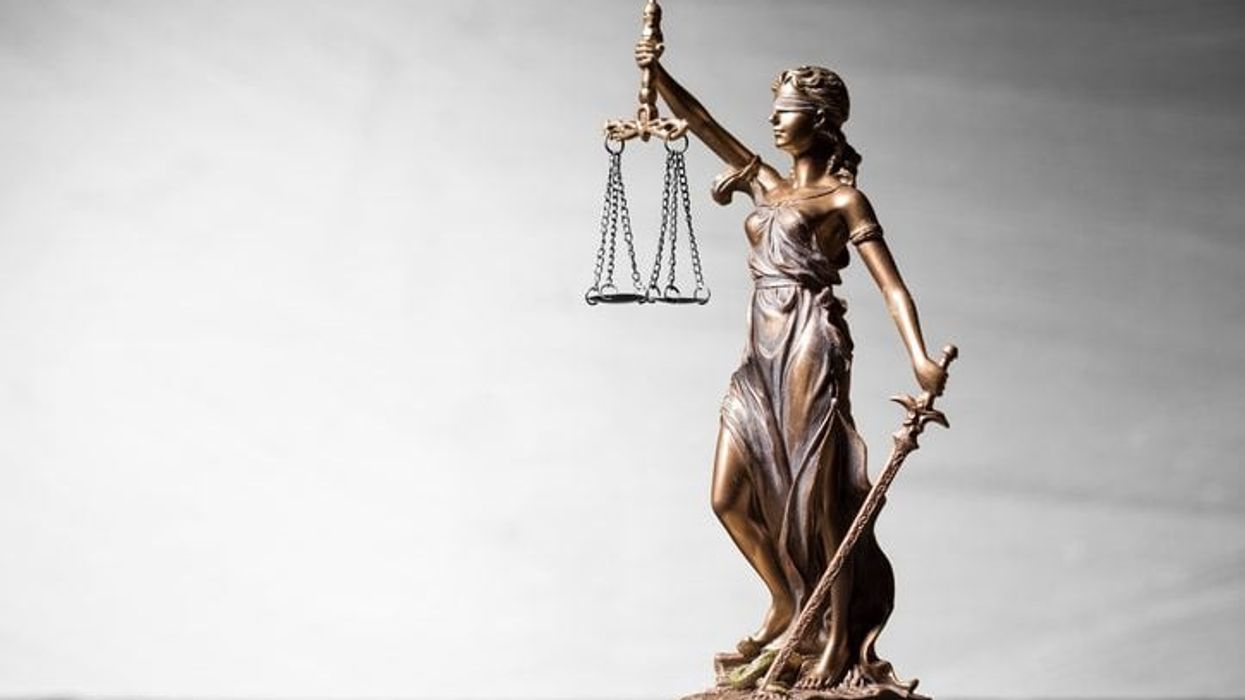A seasoned solicitor has been struck off from legal practice after failing to disclose previous drink-drive convictions to two new employers and engaging in dishonest behaviour, according to a report.
A solicitor for two decades, Neelash Mehta, 52, was dishonest with two different firms and sought to conceal his wrongdoing, the solicitors disciplinary tribunal has ruled, adding that was motivated by ‘self-preservation’.
As reported by The Law Society Gazette, it was also discovered that Mehta had violated the expenses policy of one firm and had operated his vehicle on at least four occasions while under disqualification.
Mehta was found to have hidden a series of drink-drive convictions. In 2016, while a member of the national firm TLT, he was convicted of driving with excess alcohol, resulting in a 12-month driving ban.
Subsequently, in another incident two years later, he committed the same offence, leading to a disqualification from holding a driving license for 40 months.
During this period of disqualification, Mehta submitted declarations to his subsequent employer, the national practice Ashfords, on expense claim forms.
These declarations, affirming his possession of a valid driving license, insurance, and MOT certificate, allowed him to claim mileage expenses totalling £46.80 and £17.10.
However, investigations revealed that Mehta was well aware of his driving disqualification at the time he signed these forms. Later, Mehta informed Ashfords that his wife had driven the vehicle on both occasions and chose not to disclose his disqualification to the HR department, considering it a personal matter unrelated to his work.
In 2020, Mehta's company, Kaelaar Limited, of which he was the sole director, entered a contract for services with the remote working firm Keystone. In this contract, Mehta falsely claimed that he had not been convicted of any criminal offences and had not been subjected to disciplinary proceedings or investigations by previous firms or the Solicitors Regulation Authority (SRA). The tribunal heard that none of these assertions were true.
Later, Mehta claimed that he had not thoroughly read the contract apart from the remuneration aspects. However, the tribunal dismissed this claim, noting that Mehta, an experienced legal professional, routinely scrutinised contracts as part of his daily responsibilities, the report said.
The tribunal said, '[Mehta] wished to maintain his reputation and income at Ashfords and did not want to jeopardise his ability to continue to earn money with Keystones.
‘His actions were planned. He knew when he signed the expense forms that the declarations he made were untrue. He also knew, having read the contract, that the warranties that he gave to Keystones were also untrue.’
The tribunal concluded that there were no extraordinary factors that would save him from being struck off and further directed him to cover costs amounting to £27,000.





